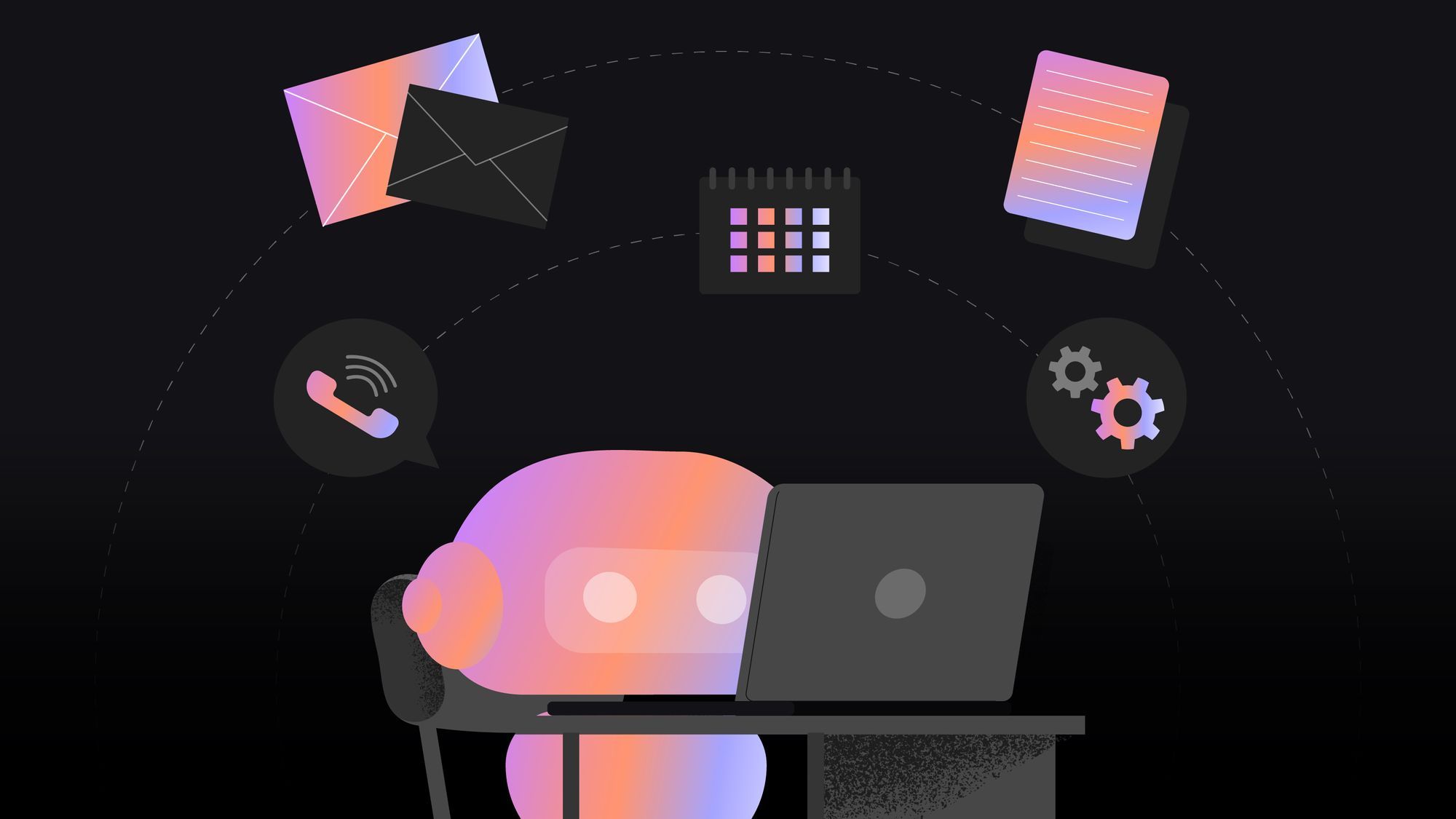Salesforce Cuts 4,000 Jobs as AI Agents Take Over Customer Service

Introduction
Salesforce, the cloud CRM giant, has announced a major workforce reduction, eliminating 4,000 support jobs as AI agents now manage about half of all customer service interactions. This move, unveiled by CEO Marc Benioff, signals a powerful shift toward automation across enterprise support and sales activities[2].
Why This Matters
The deployment of AI in customer service is no longer experimental—it’s transformative. Salesforce, one of the largest private employers in San Francisco with 76,000 staff globally, has reallocated resources as AI agents improve service speed and quality, and reconnect the company with over 100 million previously neglected customer leads[2]. This underscores a broader industry trend, as AI systems boost efficiency and reshape tech workforce structures.
The Shift: AI Agents in Action
- Efficiency Gains: AI now handles roughly 50% of customer support tasks, slashing response times and improving case resolution quality.
- Job Impact: Support staff dropped from 9,000 to 5,000, with resources shifted toward sales—a sector seeing increased productivity as AI aids lead management and outreach.
- Business Outcomes: Salesforce reports a marked increase in efficiency, client engagement, and the ability to reclaim dormant accounts, a key challenge in scaling CRM platforms.
Industry Comparisons and Reactions
- While Salesforce’s 4,000 job cuts are among the largest recent AI-driven restructurings, similar moves are expected across tech, finance, and retail as companies integrate autonomous agents.
- Startups and enterprises alike now view AI as core to competitive success, with 81% of new businesses adopting AI solutions and reporting average revenue growth of 34%[2].
Future Implications
Industry experts predict that AI agents will handle the majority of routine support by 2027, transforming the nature of tech employment. Benioff described the past eight months as “the most exciting” of his career, emphasizing that AI not only reduces costs but directly drives business growth. Ethical considerations, retraining efforts, and regulatory conversations are expected to accelerate as workforce impacts intensify.
The Salesforce restructuring highlights both the promise and disruption of AI—pointing to a future where enterprise operations are redefined by autonomous agents and real-time automation.
How Communities View Salesforce’s AI-Driven Job Cuts
Discussion around Salesforce’s deployment of AI agents and subsequent reduction in support roles is intense, touching on tech innovation, corporate responsibility, and labor market disruption.
-
Enthusiasts (45%): Many Twitter users, led by figures like @benioff and tech commentators on r/ArtificialIntelligence, celebrate the move as a sign of AI’s maturity. They point to increased efficiency, rapid lead conversion, and Salesforce’s “reconnection” with millions of clients as evidence of positive transformation.
-
Labor Advocates (25%): Critics on r/technology and thought leaders like @karpathy express concern over job loss and call for urgent retraining programs. They urge Salesforce and other tech giants to invest in workforce transition measures as AI adoption accelerates.
-
Business Pragmatists (20%): Industry analysts on r/SaaS and X view the layoffs as a necessary competitive strategy, noting that startups are also adopting AI at a feverish pace (one new AI business every three minutes in Australia). They stress the importance of regulatory and ethical guardrails, but see the trend as inevitable.
-
Skeptics (10%): A vocal minority questions whether AI is truly improving customer experience, citing anecdotal cases of failure to resolve complex issues. They demand transparency in AI metrics and oversight from consumer protection groups.
Overall, sentiment is mixed: excitement about enterprise transformation is tempered by debates over social impact and calls for responsible innovation. The announcement has sparked wider conversations about the future of work in the age of AI automation.